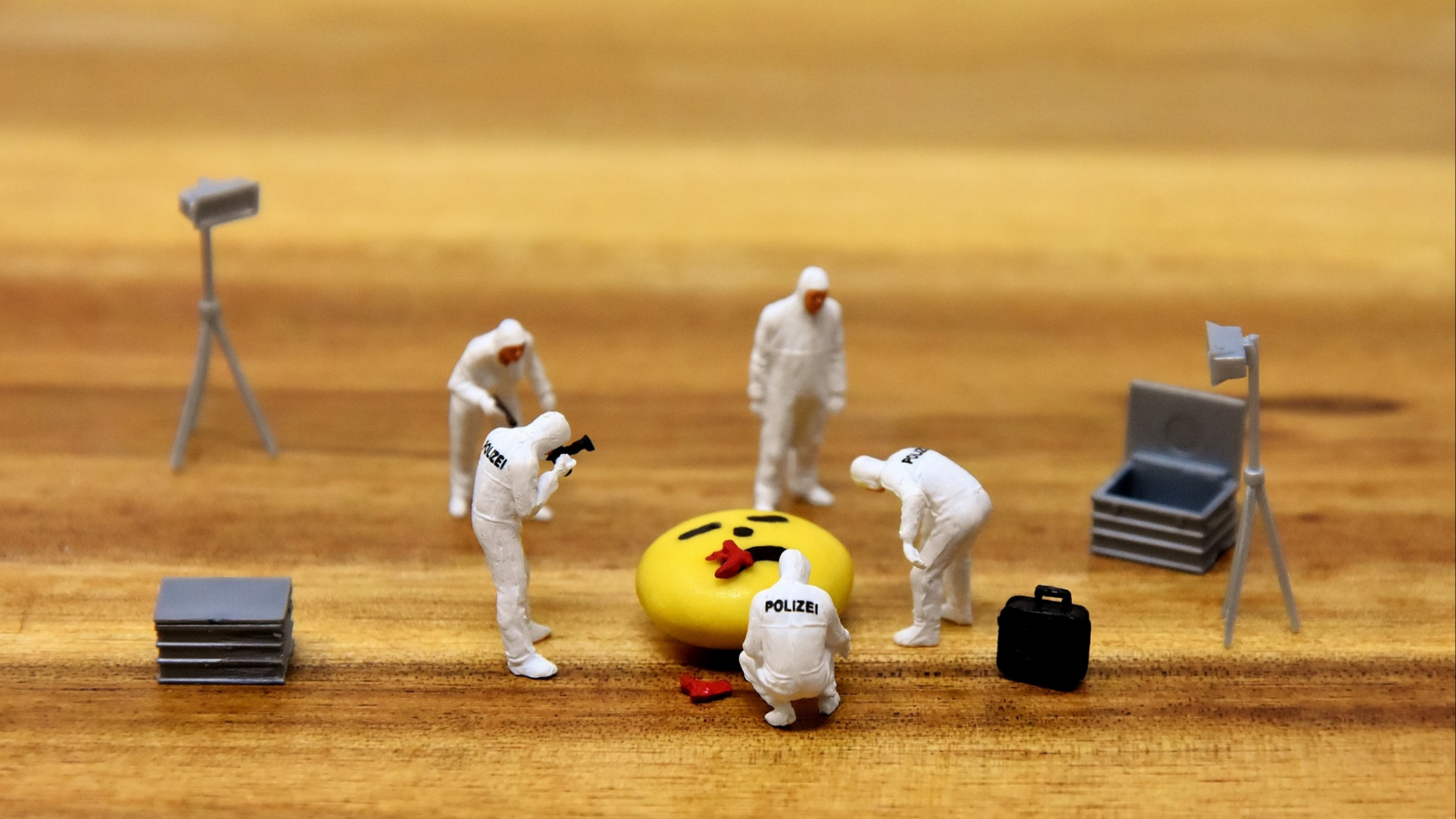
Those studying Victoria University of Wellington’s Trimester 3 course Under the Gun: International Crime Fiction in Print and on Screen with Dr Carolina Miranda can assuage their guilt over watching too many crime dramas on Netflix by putting it towards their course work.
“Crime fiction is my passion,” says Dr Miranda, who is the Director of European & Latin American Languages and Cultures at the University. “It lets me watch loads of Netflix with zero guilt. All in the name of research."
Students will consider selected literature and learn critical frameworks, starting with three stories by Edgar Allen Poe. “What I’m hoping they will be able do is by looking at the scaffolding, the grammar of the genre, they will be able to investigate anything that they like reading or watching in the crime genre.”
“TV series are just as valuable as books for looking at the development of the genre and looking at the ways in which social issues are discussed in that media as well,” says Dr Miranda.
“Classes will run for eight weeks, then I will have time to work individually with different students so that they can write their essays on pretty much anything that they are enthusiastic about.”
Dr Miranda has read crime fiction since she was young, realising her passion could become her job when completing her PhD in Translation and Drama at Hull University on the work of Roberto Arlt. She has been with Wellington University for 12 years.
She has published widely on the topics of crime fiction and cultural translation, and in 2018 published Blood on the Table: Essays on Food in International Crime Fiction, edited with University colleague Associate Professor M Jean Anderson, and alumna Dr Barbara Pezzotti. This was their third collection of essays.
One of the fascinations of crime fiction for Dr Miranda is the way in which it reflects national and cultural identity. “Crime fiction reflects issues that are culturally specific, politically specific and historically specific. For instance, one of the issues Hispanic crime fiction has, particularly Latin American crime fiction, is that institutions don’t work in the same way as in the Anglo-Saxon system. You can’t trust the police, so how do these writers work around that in fiction? How does the grammar of the genre work around this to make it relevant for the context?
“So you find that we do incorporate the classic methods but find alternative ways to navigate towards a solution.”
One of the novels Dr Miranda will include in the course reading is a novel by Manuel Vázquez Montalbán, which tells the story of the murder investigation of a Communist party member. Not long before the novel was set, the party itself was illegal—it only became legal after the death of Spanish head of state Francisco Franco.
“In this novel, by looking at the type of food you can and cannot eat in the settings of Madrid and Barcelona, you can see a number of issues which reflect the political situation at the time–for instance, the lack of respect for the traditions of different autonomous communities in the make-up of Spain.”
Another novel studied in the course is the Argentine novel Thursday Night Widows (Las viudas de los jueves) by Claudia Piñeiro, about three seemingly accidental deaths that turn out to be murders.
“The whole situation is triggered by the boom and bust of the Argentine economy. And the interesting thing is the way in which the cases are solved—nothing is solved by traditional means because the system doesn’t quite work like that.”
As well as reading and teaching crime fiction and Hispanic Studies, Dr Miranda translates from English to Spanish. She says, “The challenge of any translation is cultural translation, and working within the genre as well if you consider translating crime fiction. It ends up being an iceberg, you see a little bit and there’s a whole lot of things you don’t see that the translator needs to bring to the surface. It takes research, it takes time and care.
“To be able to do a translation, you only get a very small window. You have 10 seconds to pitch something. The world is a difficult place to move cultural items around—it all boils down to who has written the ‘next big thing’.”
During the Trimester 3 course, students will also have lectures from Dr Fiona Hutton from Criminology, linking to the way in which crime is seen by the media; and a lecturer from Film Studies will come to speak about Italian crime fiction series Inspector Montalbano.
